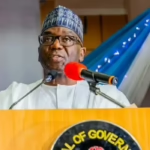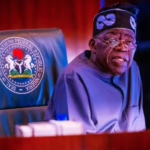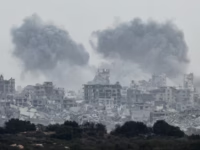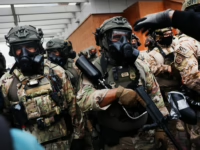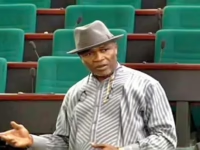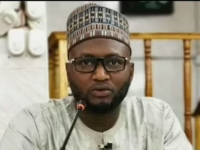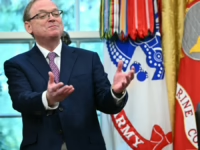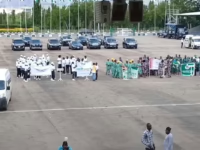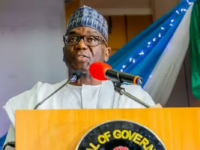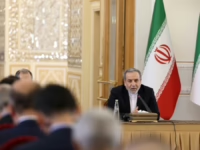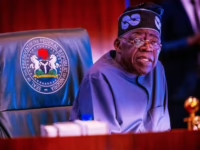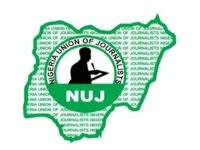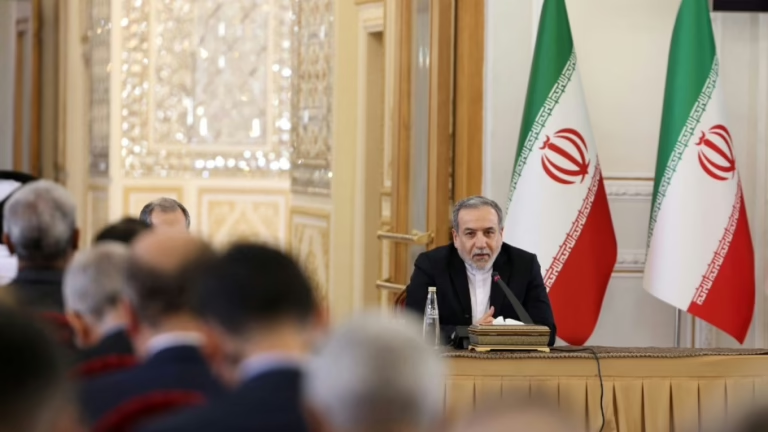Iran’s Foreign Minister asserts that Europe has “nullified the grounds for dialogue” with the UN nuclear-bomb/” title=”Hardline Lawmakers Push for … Arsenal as Iran Faces Imminent UN Sanctions | Israel…Iran Conflict Update”>nuclear agency following the reimposition of snapback sanctions.
Following the reinstatement of international sanctions by Western nations, Iran’s Foreign Minister has declared that collaboration with the United Nations’ nuclear watchdog has become “irrelevant.”
Foreign Minister Abbas Araghchi stated on Sunday that the “Cairo agreement” – a pact inked last month with the International Atomic Energy Agency (IAEA) – no longer holds any bearing on Iran’s engagement with the agency.
This accord had initially established a framework for renewed inspections and oversight after Tehran halted cooperation in response to Israeli and U.S. strikes on its nuclear infrastructure in June.
However, the agreement’s significance diminished when Britain, France, and Germany-key parties to the 2015 nuclear deal-activated the snapback mechanism to reinstate UN sanctions, accusing Iran of violating its commitments, allegations Tehran firmly denies.
Addressing foreign diplomats in Tehran, Araghchi remarked, “The three European nations believed they possessed leverage by threatening to enforce snapback sanctions. Having now exercised this option, they have witnessed the consequences. Their influence has substantially waned, effectively eroding the rationale for engaging in negotiations with them.”
He further emphasized that these European countries “will play a considerably reduced role in any forthcoming discussions concerning Iran’s nuclear program.”
Allegations of Bias
Tehran has accused the IAEA of exhibiting double standards, criticizing the agency for its silence over Israeli attacks on Iranian nuclear sites, despite its responsibilities under the Nuclear Non-Proliferation Treaty (NPT).
Western powers, spearheaded by the United States and backed by Israel, have persistently accused Iran of pursuing nuclear weapons capabilities-charges that Iran vehemently rejects. Iran maintains that its nuclear activities are strictly for peaceful purposes and asserts its right to uranium enrichment under the NPT framework.
While some Iranian parliamentarians have floated the idea of withdrawing from the NPT entirely, President Masoud Pezeshkian has reaffirmed Iran’s commitment to its treaty obligations.
Araghchi hinted that Tehran’s “decision on future cooperation with the agency will be announced in due course,” without providing further details, but acknowledged that “diplomatic avenues remain open.”
Efforts to revive the broader nuclear agreement through talks between Iran and the U.S., which commenced in April, collapsed following Israeli strikes in June targeting Iranian nuclear, military, and residential sites.
Since then, Tehran has accused Washington of undermining diplomatic progress and has demanded formal assurances and recognition of its rights before any potential resumption of negotiations.
Iran consistently denies any intention to develop nuclear weapons, whereas Israel is widely believed to possess a clandestine nuclear arsenal comprising dozens of warheads.


